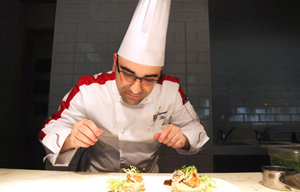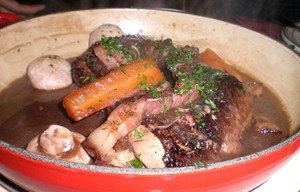Food heritage from the streets
"It is an unbelievable movement that doesn't get enough attention, because the attention goes to the science in the kitchens," he says. "By supporting an event like this, we have a great opportunity to go back to what cuisine is all about."
The 10-day event, which starts on May 31, will be in three parts.
There will be a feast to showcase the works of at least 35 street food masters from around the world. China's representatives will come from Guangdong province's Chaozhou and Guangzhou and Hainan province - from where immigrants have made popular street snacks all over the world, especially Southeast Asia.
There will also be a dialogue for industry players and watchers to exchange ideas, skills and business opportunities.
And, to honor the best in street food culinary art in up to 16 categories, there is an awards segment.
According to Makansutra founder KF Seetoh, one aim of the congress is to "preserve the artisanal heritage and history" of street foods.
"It has to be preserved and protected; let it not all go to the factory," says Seetoh, a Singaporean.
Another aim of the event is to help professionalize the industry.
"A lot of the hawkers in our streets and malls today aren't formally trained," Seetoh says. "They don't really have access to the latest techniques, equipment (and) technology which some of the schools are teaching and sharing.
"We want to look at what that plate of satay (meat kebabs) can do for jobs, society, culture and business," he adds.
A World Street Food Council comprising culinary bigwigs will also be unveiled at the congress. Some names have been tossed around, including Anthony Bourdain, Ian Kittichai, Jose Andres, James Oseland and Claus Meyer.
The council will be a "think tank ... to function as thought leaders and vanguards of the industry" at the event, the organizer says.
|
|
|
























